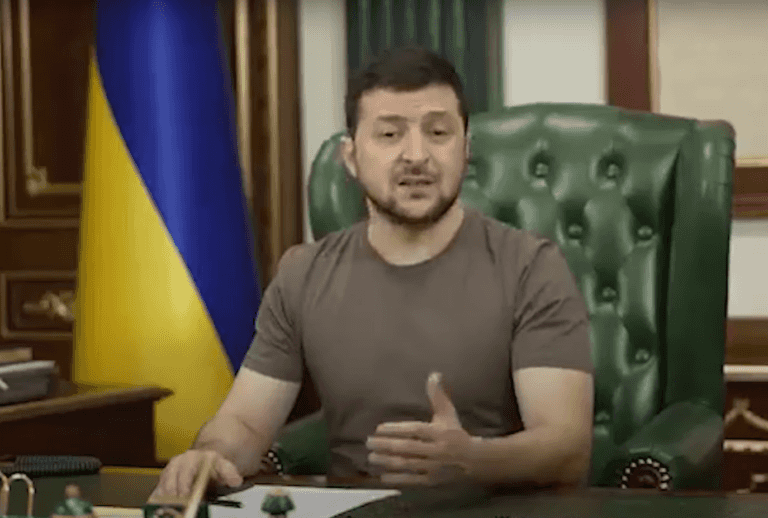
This article was originally published by Radio Free Europe/Radio Liberty and is reprinted with permission.
Kyiv has accused Russia of delaying more than 165 cargo ships heading to Ukrainian Black Sea ports to load up with grain under a deal brokered by the United Nations and Turkey.
Russian inspectors “have been significantly prolonging the inspection of vessels,” the Ukrainian Foreign Ministry said in a statement on October 24. “As a result, more than 165 vessels have been stuck in a queue near the Bosphorus Strait, and this number continues to grow daily.”
Cargo ships carrying grain and other foodstuffs to and from Ukrainian ports must be inspected by teams organized by the four-party Joint Coordination Center (JCC), a group set up under the UN-Turkey brokered deal with Ukraine and Russia that was signed in July amid concerns that the blockage of Ukrainian grain exports was contributing to a global food crisis.
The Ukrainian Foreign Ministry said it had reason to believe the delays were politically motivated and were once again threatening food security for millions of people.
“Russia’s actions undermine global food security, in particular in the Global South,” the Ukrainian Foreign Ministry statement added. “The inspection delays have already prevented Ukraine from exporting an additional 3 million tons of grain. Ten million people across the world have not received food in time because of Russia’s political agenda.”
Russia has previously threatened to pull out of the deal, which also gave Moscow guarantees for its own grain and fertilizer exports. The deal is up for renewal next month.
Russian Foreign Minister Sergei Lavrov said on October 24 that Moscow has asked the United Nations for data on the destination and end-consumers for Ukrainian grain exports. Lavrov said “corrections” needed to unblock shipments would depend on Russia receiving this information.
UN spokeswoman for the Black Sea Grain Initiative Ismini Palla said urgent steps were needed to relieve the backlog.
The delays “have the potential to cause disruptions to the supply chain and port operations,” Palla said.
The deal freed up exports from three of Ukraine’s ports — Odesa, Chornomorsk, and Pivdenniy — which had been blockaded since Russia launched the invasion of Ukraine in late February. The first grain shipments left Ukraine in August.
The four parties to the deal — Russia, Ukraine, and brokers Turkey and the UN — are currently negotiating a possible extension and expansion beyond its November 19 deadline.
Palla said the UN convenes the parties daily “and has urged full and good faith participation in the [deal] and the need for additional urgent measures to be taken so the supply chain does not get disrupted and the initiative continues to deliver more and much needed food to the world.”
0 comments :
Post a Comment